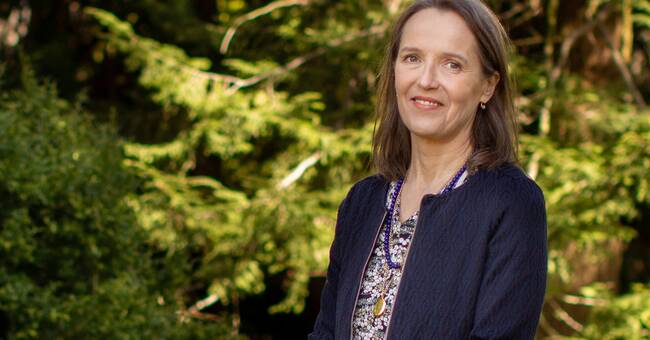There is a risk of Islamist radicalization in Mali, says Liisa Laakso, who is a senior researcher at the Nordic Africa Institute and an expert on world politics and democratization of Africa.
At the moment, there is international concern that the democratic development in Mali could be damaged and that the Islamist forces in the country will gain increasing power.
Islamism is growing stronger
Conflicts in the northern parts of the country, as a result of the Arab Spring, have led Islamist groups to grow larger and stronger.
This has led to both the UN and France being present in the region.
But French President Emmanuel Macron is threatening to withdraw his troops if developments in the country continue against Islamist extremism.
Is there a risk of Islamist radicalization in Mali?
- Yes.
It is already present, especially in the northern parts of the country, says Liisa Laakso.
The country's political scene has long been marred by coups, most recently on Monday when the country's president and prime minister were ousted in favor of Colonel Goita - who as recently as August was involved in another military coup when then-president Ibrahim Boubacar Keita was ousted.
The government risks failure
Liisa Laakso believes that the presence of jihadist groups, such as Boko Haram, which is active in and around Mali, risks the government failing to stabilize democracy.
- I would not call Mali a democracy at the moment, says Liisa Laakso.
If France's forces leave Mali, which President Macron threatens, the country's government will have even less opportunity to govern the country, Laakso said.
The military has historically had greater power than the government.
According to the researcher, the fact that the country is so geographically large may be contributing to the government's power and influence being so limited.
The country has been hit hard by both economic crises and the corona pandemic, which in turn has contributed to the troubled situation.

